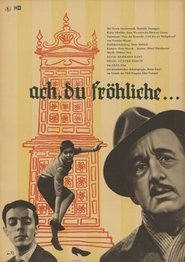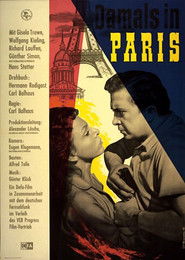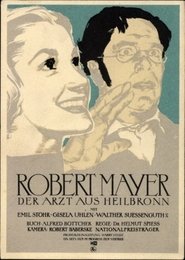detail profile horst giese
Peran Yang Di Mainkan Horst Giese
 Former Nazi Klaus Abard survives to...
Former Nazi Klaus Abard survives to...Tomorrow I'll Wake Up and Scald Myself with Tea 1977
Former Nazi Klaus Abard survives to the 1990s by taking anti-ageing pills. He plans to use a time travel trip to return to Germany in 1944 and present Hitler with a hydrogen bomb, so that he can win the war. Unfortunately the pilot, woman-chasing Karel Bures, dies on the morning of the trip and his earnest twin brother Jan impersonates him, without knowing about the plot.
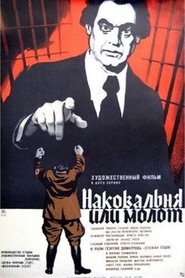 This is a political picture about...
This is a political picture about...Hammer or Anvil 1972
This is a political picture about the Bulgarian revolutionary Georgi Dimitrov. In 1933 during the Reichstag Fire Trial trumped-up charges of having set the Reichstag on fire were brought against him. At the trial Dimitrov exposed the machinations of the Nazis and turned from a defendant into an accuser. Central to the story is the face-to-face political duel between Dimitrov and Goering. Dimitrov's interactions with ordinary Germans, the memories of his wife Lyuba Ivoshevich, and the meetings with his mother Parashkeva alternate with documentary shooting scenes from the time of Nazi Germany.
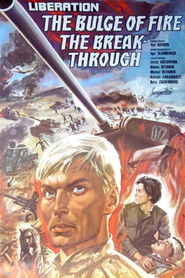 The Fiery Arc tells of a...
The Fiery Arc tells of a...Liberation: The Fire Bulge 1970
The "Fiery Arc" tells of a grandiose battle on the Kursk Bulge in the summer of 1943. Here was the largest tank battle in the history of World War II. Along with the personal fate of the heroes, the film shows battle scenes, the activities of headquarters and intelligence, those who worked at the front and in the rear.
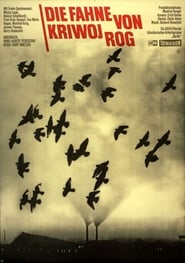 In an act of friendship and...
In an act of friendship and...The Banner of Krivoi Rog 1967
In an act of friendship and solidarity between two mining towns in 1929, the locals of Kriwoj Rog, Russia, give their flag as a gift to the locals of Bergstedt, Germany. This quickly takes on a symbolic meaning for the miners in Bergstedt as the Nazi party demands that this Soviet gesture be erased and the flag be replaced with their own. The miner and communist party functionary Otto Brosowski (Erwin Geschonneck) publicly declares it his duty to defend this flag against every danger, and he keeps his promise despite his family being threatened by torment and torture.
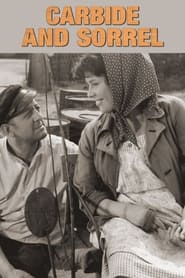 After the second World War Dresden...
After the second World War Dresden...Carbide and Sorrel 1963
After the second World War, Dresden has a lot of reconstructing to do. To get the cigarette factory he once worked for running again, Kalle has to travel to Wittenberg - the only place where carbide can be found. Once there, Kalle find himself in the unfortunate situation of having to hitchhike his way back to Dresden, transporting seven heavy barrels of carbide. However, his inventiveness and optimistic attitude help transform the grueling task into an adventurous, entertaining, and funny journey.
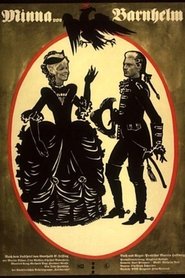 This film takes place during the...
This film takes place during the...Minna von Barnhelm oder Das Soldatenglück 1962
This film takes place during the Seven Years' War. The Prussian Major von Tellheim has become engaged to the Saxon noblewoman Minna von Barnhelm. After the war, the King - in an unwarranted move - deprives the major of his honor. Von Tellheim becomes impoverished and, filled with shame, breaks off his relationship to Minna. An innkeeper in Berlin, who is a police informer, makes the Major move to a shabby little attic because he cannot pay his debt. In the meantime, Minna has also arrived at the inn. She and her lady's maid Franziska are questioned and spied on by the nosy innkeeper. Minna has followed her beloved Tellheim and she now cunningly manages to elicit a new declaration of love from him...
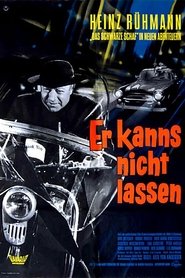 Father Brown is only too happy...
Father Brown is only too happy...Er kanns nicht lassen 1962
Father Brown is only too happy to interfere with the work of the police in solving tricky criminal cases, usually with resounding success. That's why the clergyman is transferred to a sleepy island called Abbott's Rock. At first, nothing happens there, but somehow Father Brown seems to be attracted to crime: Soon a gang of thieves is up to no good on the island. So Brown makes the headlines again, and is punitively transferred once more. This time he finds himself in a quiet Irish millionaire community.
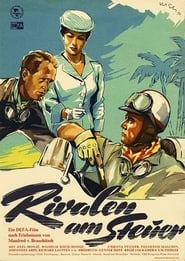 Manfred Falk is an experienced race...
Manfred Falk is an experienced race...Rivals Behind the Wheel 1957
Manfred Falk is an experienced race car driver and member of a racing collective in Eisenach. While competing in West Germany, the beautiful Manuela convinces him to leave his girlfriend Inge and his friends at the collective behind in order to join the South American Alvarez racing company.
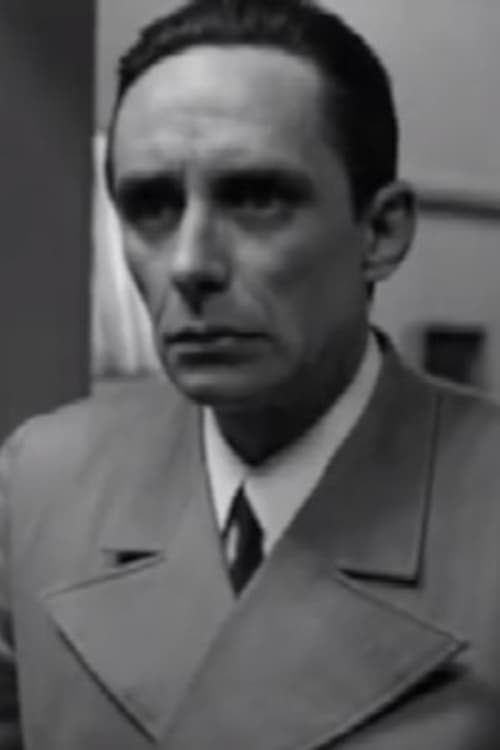

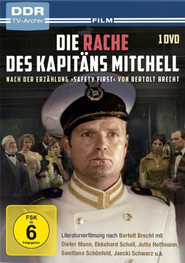
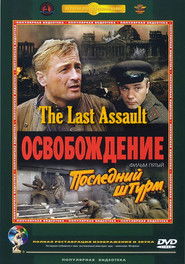 In Berlin Lieutenant Yartsevs infantry and...
In Berlin Lieutenant Yartsevs infantry and...
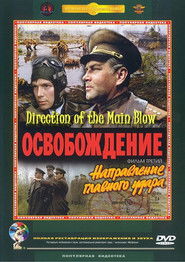 This five part epic war drama...
This five part epic war drama...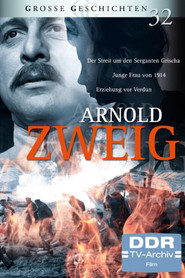
 Film by Jindrich Polk
Film by Jindrich Polk